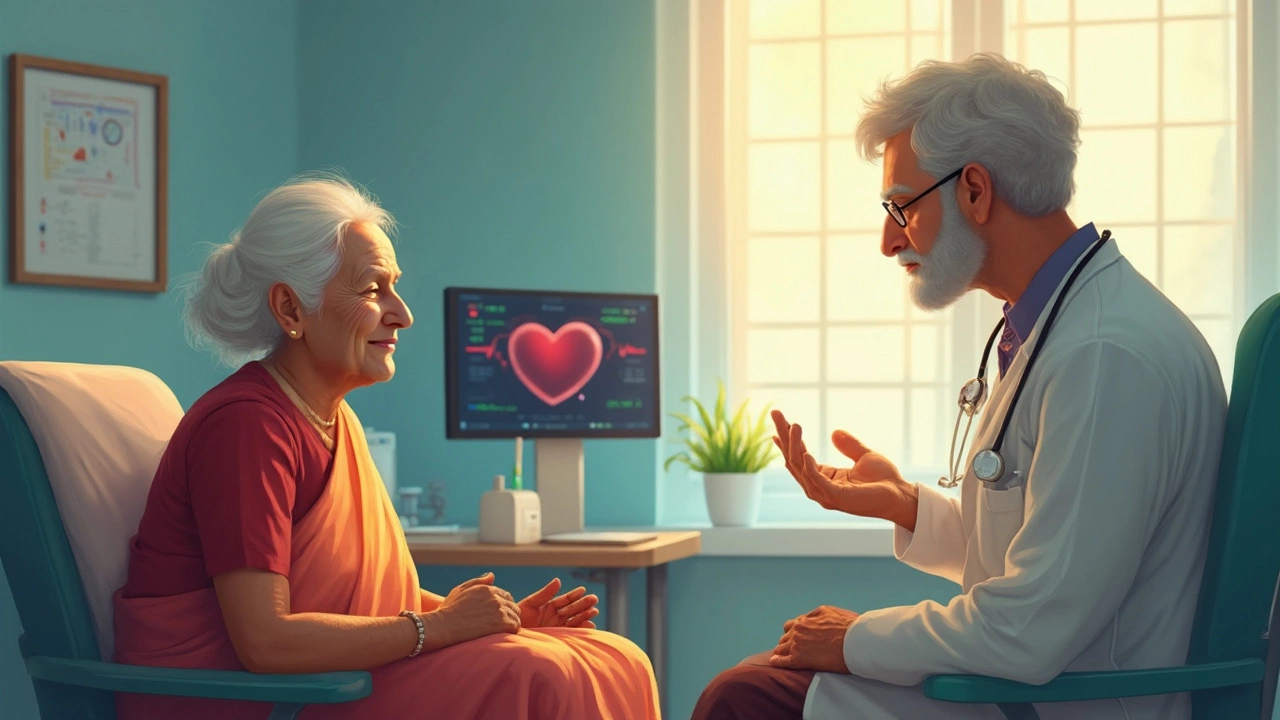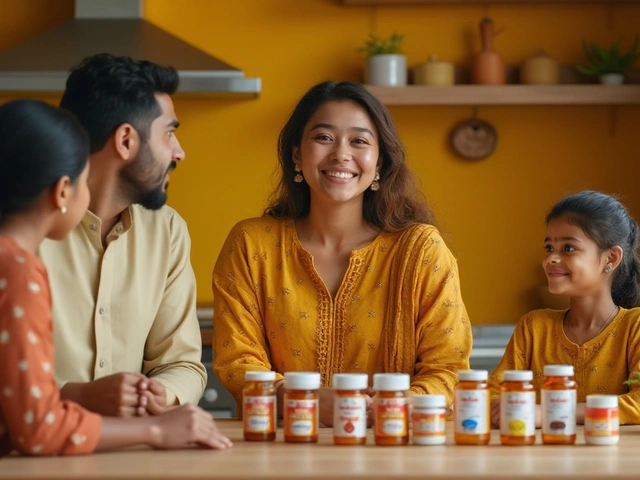Risks in Medicine – What You Need to Know
Every time you pick up a pill, you’re trusting the drug to do good and not cause harm. In India, that trust can be shaky because many medicines carry hidden side effects, toxic fillers, or interactions you might not expect. Knowing the most common risks helps you avoid nasty surprises and keep your health on track.
Common Risks You Might Not Spot
First, look out for unlisted ingredients. Some generic brands add cheap binders that can trigger allergies or kidney strain. Second, watch the dosage instructions. Even a small mistake—taking a dose twice a day instead of once—can turn a safe drug into a poison. Third, be aware of drug‑drug interactions. Mixing an over‑the‑counter painkiller with a prescription blood thinner can cause dangerous bleeding. Finally, keep an eye on side‑effect warnings that are often buried in the fine print. Nausea, dizziness, or a rash might be the first sign that your body is reacting badly.
How to Protect Yourself From Medicine Risks
Start by reading the label every time, even for medicines you’ve used before. Ask your pharmacist to explain any ingredient you don’t recognize. Keep a personal medication list that includes name, dose, and timing; share it with every doctor you see. If you notice strange symptoms, stop the drug and call a health professional right away. Using a trusted online source like the Ministry of Health’s drug database can confirm whether a medicine is approved for use in India.
Another practical step is to avoid self‑medicating for chronic conditions. For example, many people use metformin for weight loss without a diabetes diagnosis, which can lead to low blood sugar. If a supplement promises miracle results—like a herbal product claiming to cure cancer—scrutinize it. Look for clinical trials, FDA‑style approvals, or reputable lab testing. Often, the most dangerous risks come from products that haven’t been vetted.
Finally, schedule a regular medication review with your doctor. This is especially important if you’re on multiple drugs for conditions like hypertension, arthritis, or mental health. A quick check can reveal hidden interactions or suggest safer alternatives. Remember, doctors appreciate patients who bring their medication list and ask questions; it shows you care about your own safety.
Keeping track of medicine risks doesn’t have to be a chore. A few minutes of reading, a short chat with your pharmacist, and a simple spreadsheet can save you from headaches, hospital visits, or worse. Stay curious, stay informed, and let your body guide you when something feels off.

Heart Surgery Life Expectancy: What to Know Before and After the Operation
Wondering what happens to your lifespan after heart surgery? This article digs into how long people typically live following procedures like bypass or valve replacement. It covers the real numbers, factors that can impact survival, and what you can do to boost your odds. Expect practical tips and facts rooted in recent data. No sugarcoating, just the plain truth so you can plan ahead.

Why Medical Tourism Sparks Heated Debates
Feb, 14 2025

Which Vitamins You Should Avoid Taking Together
Jan, 3 2025


